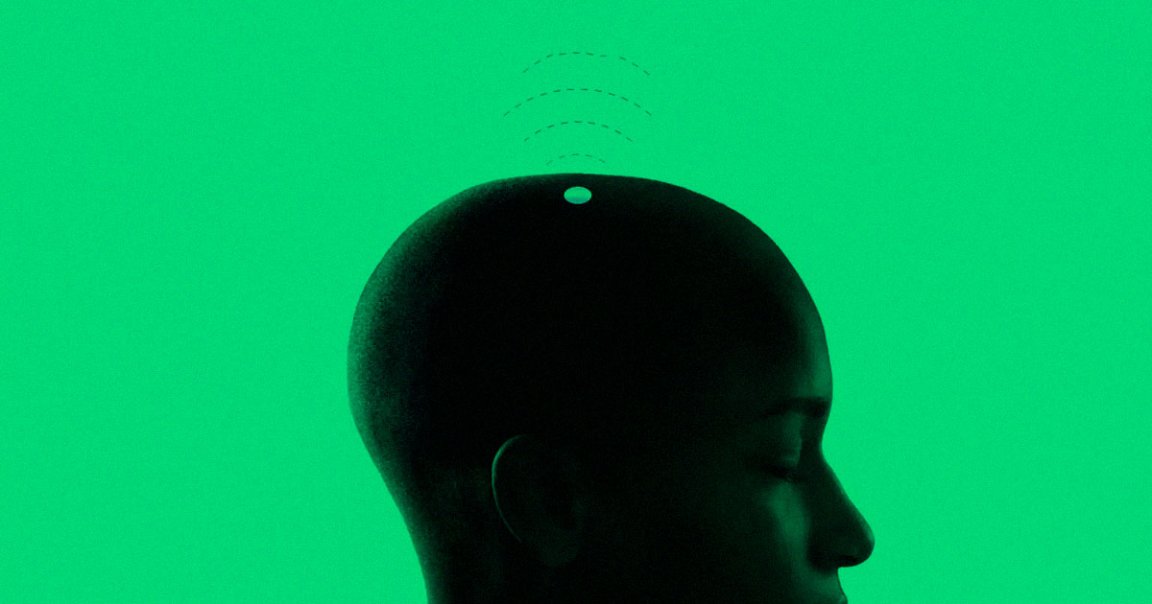
Elon Musk’s brain-computer-interface company Neuralink is facing major headwinds in its efforts to kick off human trials for its brain chip, IEEE Spectrum reports.
Hurdles from numerous regulators are starting to mount up for the company, which still has to prove that its coin-sized device is sufficiently safe, nevermind actually effective.
That’s despite Musk’s infamously overly ambitious timelines. In November of last year, he promised Neuralink would kick off human trials in May of this year.
That’s starting to look very doubtful. The Federal Drug Administration has already proven to be a major roadblock to Musk’s ambitions, finding “dozens of deficiencies” with the device and rejecting Neuralink’s 2022 application, citing concerns over the device’s battery and charging system, which may interfere with or even damage the surrounding brain tissue.
It’s not just the FDA that has raised concerns over Neuralink’s plans. The US Department of Agriculture is also investigating the company’s alleged animal abuse since late last year. Even the Department of Transportation is investigating the company over the dangerous handling and transportation of biohazardous materials.
In short, the company is whipping up yet another Musk drama-fest, and not in a good way.
Further complicating the picture are Neuralink’s lofty claims of what its device can do, from allowing the paralyzed to walk or the blind to see again, as IEEE Spectrum points out, because the FDA may well take those claims into consideration when evaluating the device’s efficacy.
“It may raise more questions for them because of these very broad, unsubstantiated claims,” Victor Krauthamer, a biomedical engineering professor and former acting director of the FDA’s Division of Neurological and Physical Medicine Devices, told IEEE Spectrum. “Officially, the FDA just reviews the evidence in front of them, but there’s a context to that, and I think that context may bring out additional caution.”
Worse yet, the company is being overtaken by a competitor called Synchron, which beat Neuralink to human trials back in 2021 and is now starting patient enrollment.
In short, Neuralink may have stumbled over its own feet in its attempts to start implanting prototypes of its device in human patients. Whether the company will be able to overcome some considerable regulatory hurdles remains to be seen. But given Musk’s enthusiasm for the project, it’s unlikely to be the last time we hear about the company’s progress.
More on Neuralink: Grimes Using Custom Brain Interface From Elon Musk Competitor